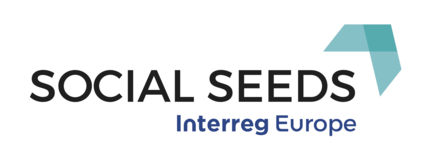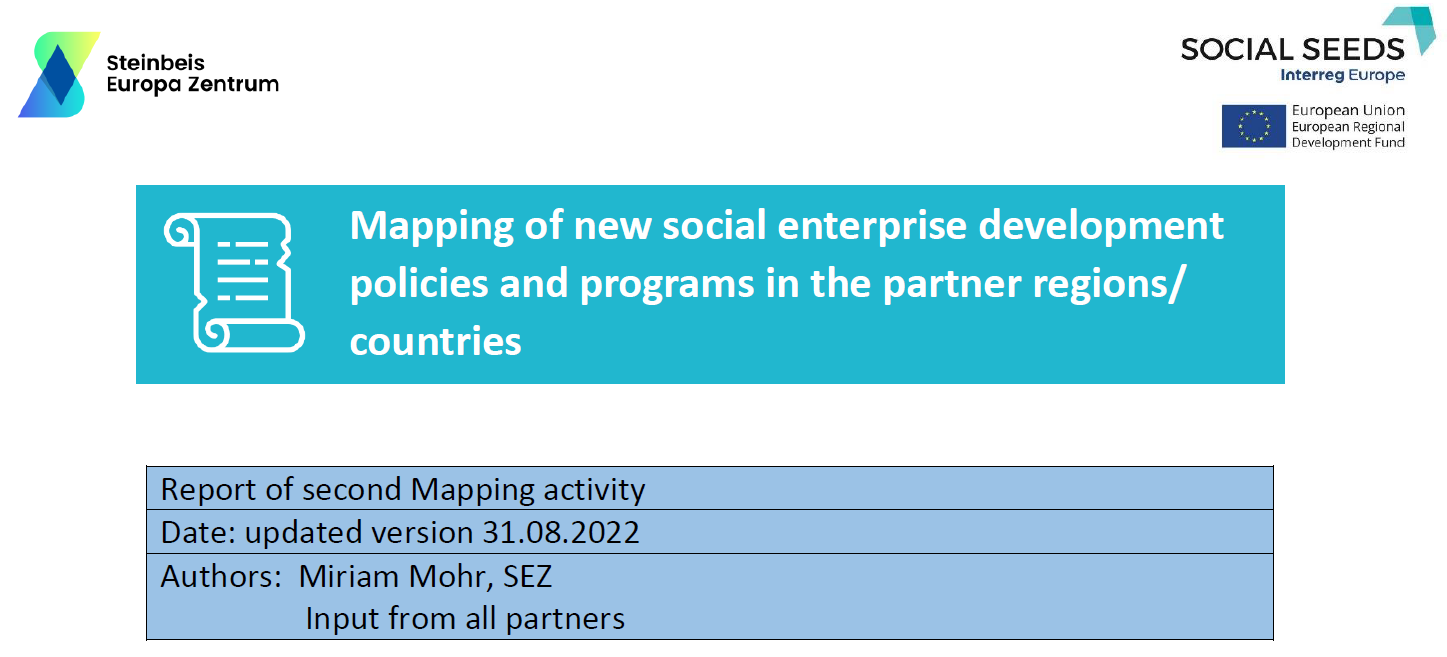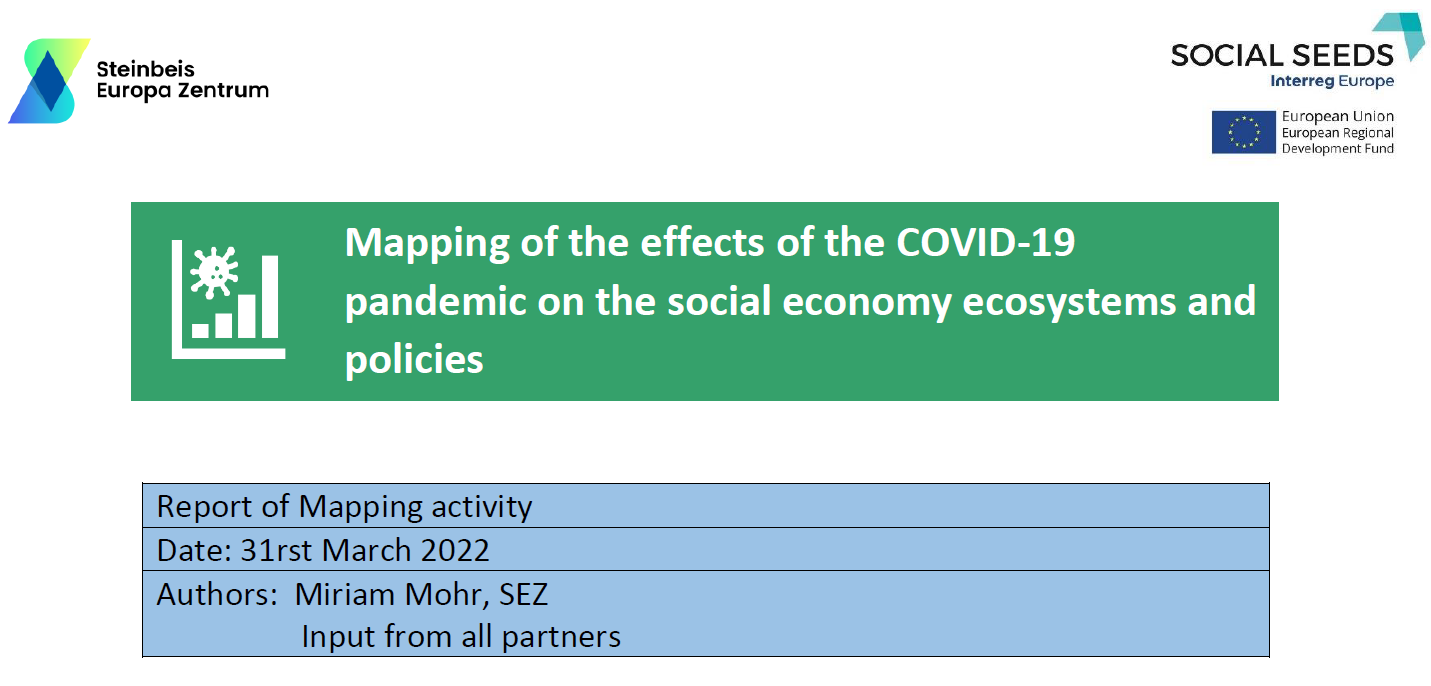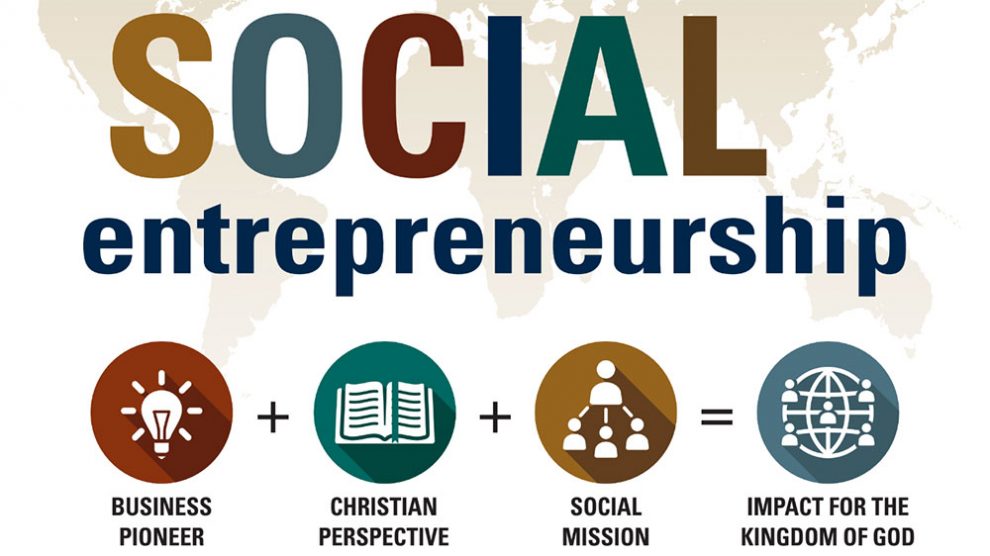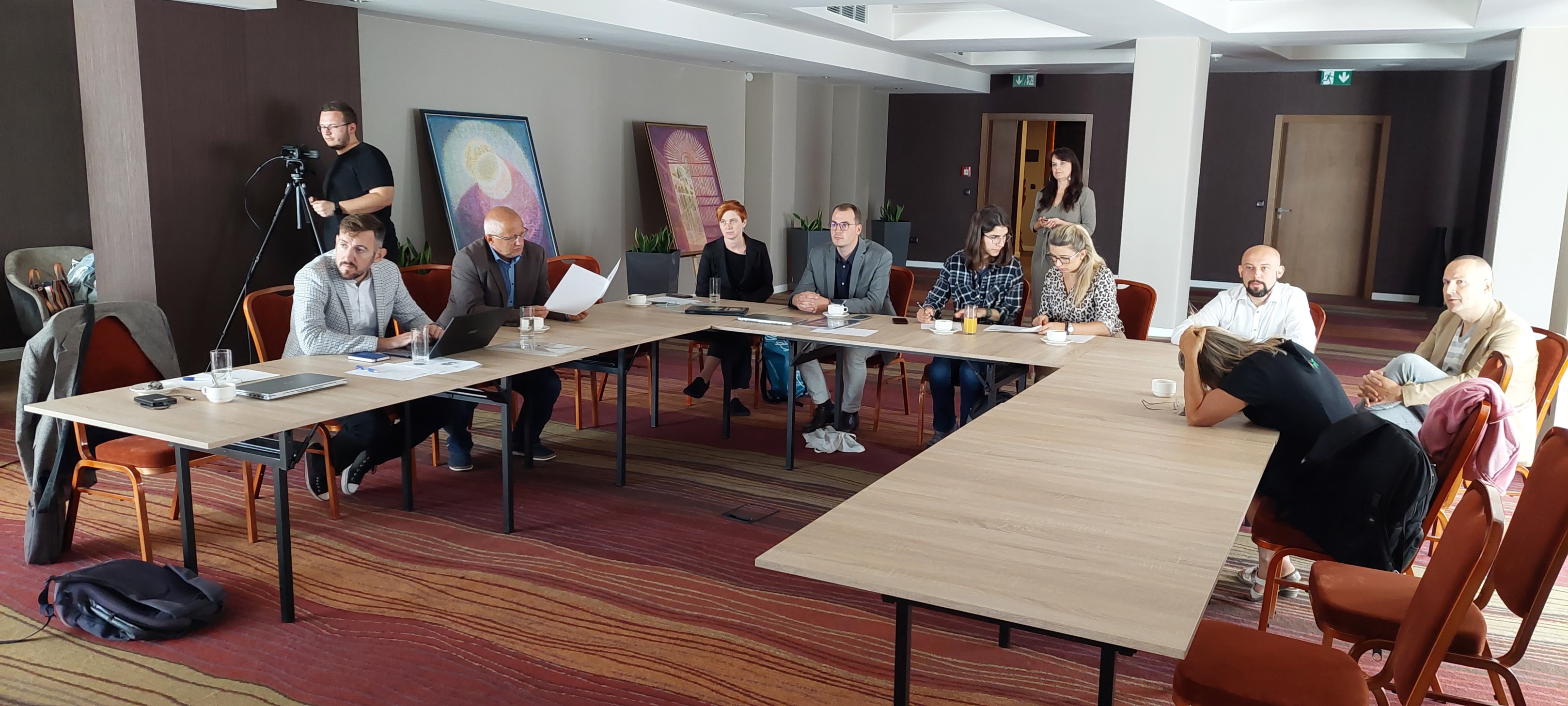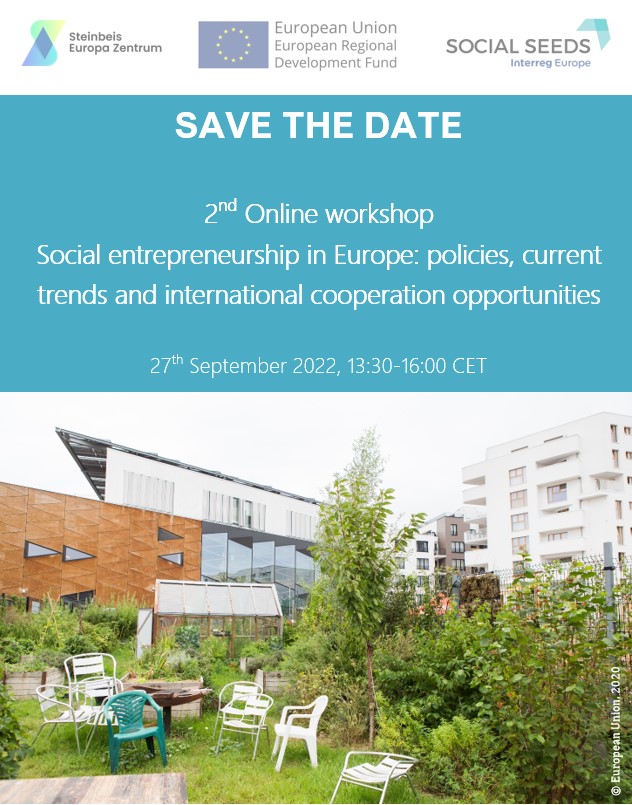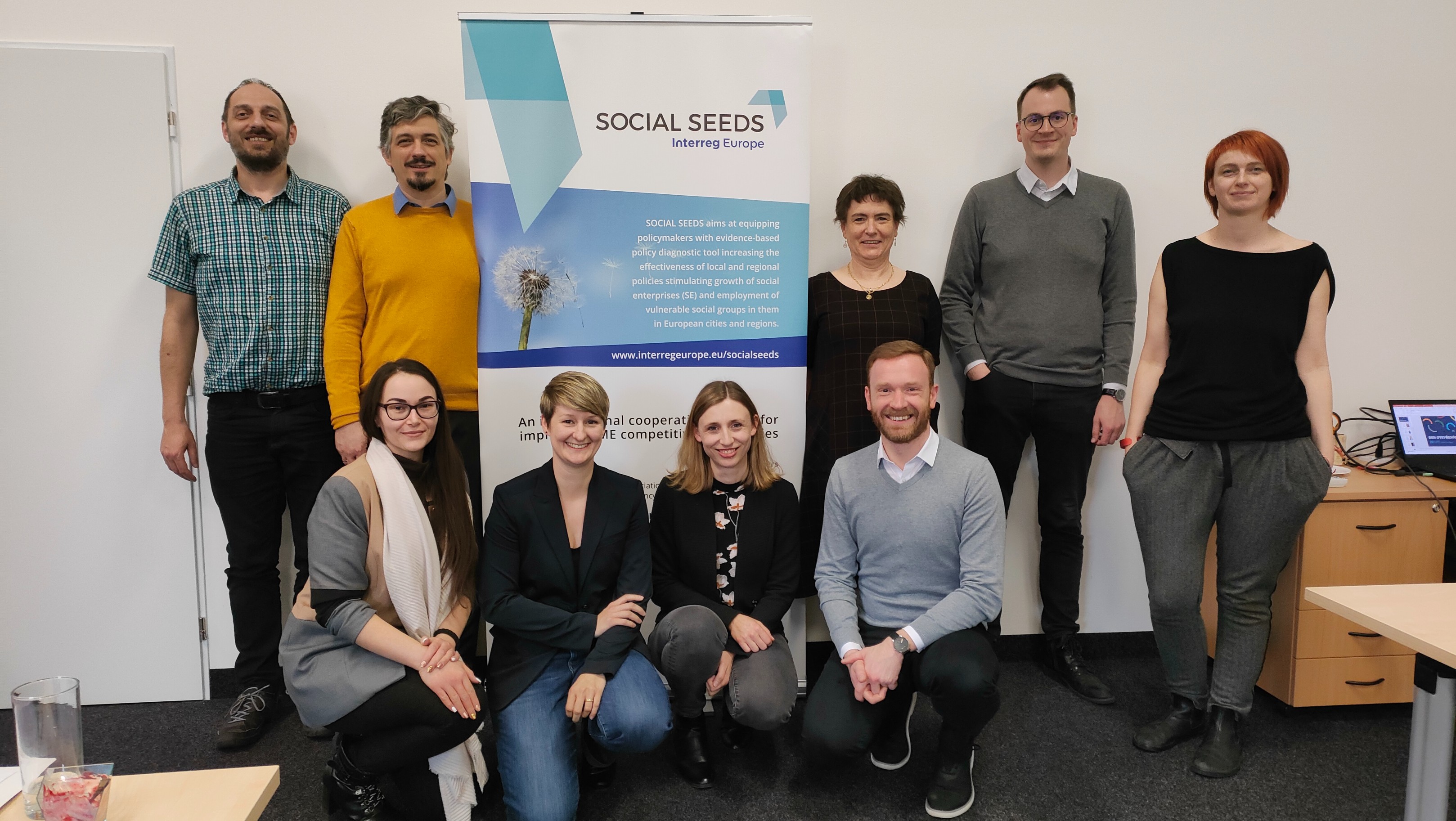Many changes are occurring especially in the labour market, economic, social and technological changes that need to be taken into account. This is the reason why opportunities to adapt to those changes are essentials.
Thus, the Council Recommendation of 19/12/2016 stressed European Union programs should ease access to upskilling pathways, especially for less qualified adults as those who left the education system in order for them to acquire a global range of skills relevant for today’s labour market. In fact, less qualified adults are more likely to be unemployed and struggle to get in learning programs whereas it is the main and best lever there is for social inclusion.
“Member States should offer adults with a low level of skills, knowledge and competences, for example those who have left initial education or training without completing upper secondary education or equivalent, and who are not eligible for support under the Youth Guarantee, access to upskilling pathways – European Council, 19/12/2016”
The European Programme for Employment and Social Innovation (EaSI), a European Commission programme aiming at the implementation of the Europe 2020 Strategy is calling for proposals to implement those upskilling pathways.
Its main goals are to promote the inclusion of vulnerable groups like youth, gender equality and fight against discrimination, inequality, poverty and for high level of quality and sustainable employment, inclusion and a better social protection.
The expected results of the proposals are the following: it needs to support member states and particularly national and regional authorities to implement
1) Skills assessment: the opportunity for adults to identify their skills, knowledge and competences and so in a reasonable timeframe, 6 months ideally. It will allow them to establish whether they need a career reorientation or an additional training support.
2) Tailored, flexible and quality learning offer.
3) Validation and recognition of skills acquired.
This Call complements the support for low-skilled adults that is provided through the European Social Fund and Erasmus+, by assisting each focus participating country to develop coherent strategies for raising the levels of skills and qualifications for adults who lack an upper secondary education or with low proficiency in basic skills. This Call should also complement related activities (ongoing or future) taking place at national, regional or local levels.
For further information, click here
